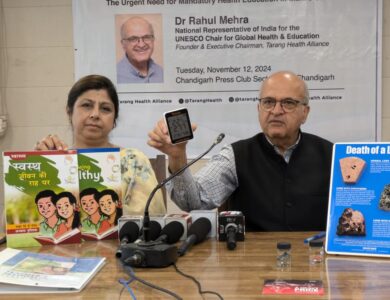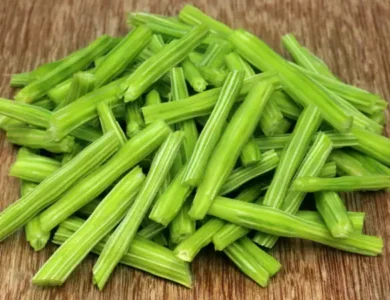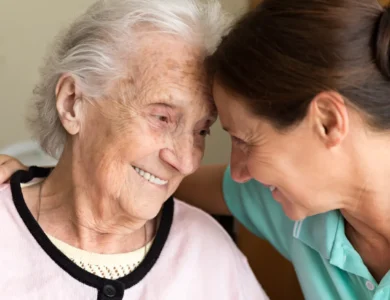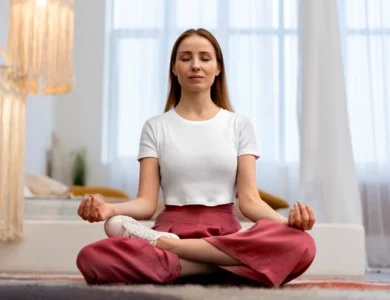How In-Patient Stroke Rehabilitation Speeds Up Recovery – HCAH Survey Findings
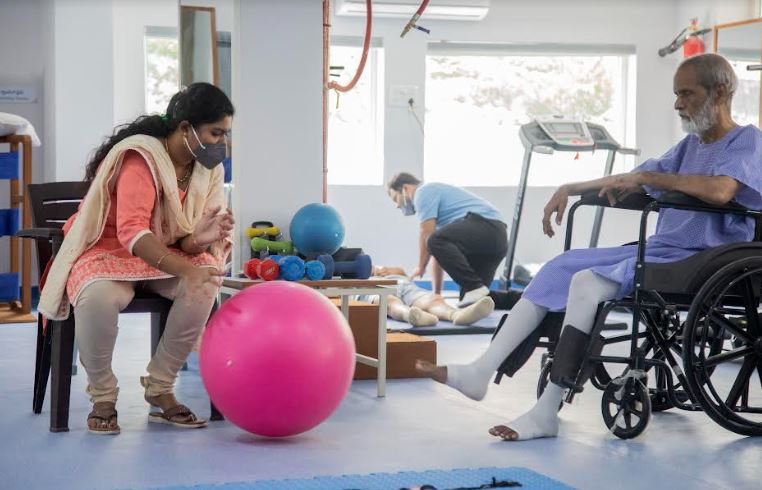
- Only 40% are aware of stroke symptoms, revealing a significant knowledge gap, 52% cite delayed symptom recognition by family as a key barrier to getting timely stroke care, 73% favour post-stroke rehab at a centre over home-based care.
HCAH, India’s leading out-of-hospital healthcare provider, has conducted a comprehensive pan-India survey with participants who have had a stroke in the past and have chosen either in-patient or out-patient rehabilitation for stroke recovery. Given the high incidence of strokes and the substantial stroke burden in India, HCAH undertook the survey, ahead of World Stroke Day, to shed light on the level of awareness about stroke symptoms and the significance of rehabilitation in stroke recovery. The survey also provides insights into the experiences of individuals who have undergone the challenging journey of post-stroke recovery.
India’s Stroke Burden: A Critical Context
The importance of stroke awareness and effective rehabilitation becomes even more apparent when considering the staggering impact of stroke in India. According to Global Burden of Diseases (GBD), India bears the majority of the burden of stroke, accounting for 68.6% of stroke incidence, 70.9% of stroke-related deaths, and 77.7% of Disability Adjusted Life Years (DALYs) lost.
Stroke is the second most common cause of death in India, with a staggering 1,85,000 stroke cases reported every year, equating to nearly one stroke every 40 seconds and one stroke-related death every 4 minutes. (As per neurology experts at the All India Institute Of Medical Sciences (AIIMS)).
Key Survey Findings:
Limited awareness continues to be a challenge:
Astonishingly an awareness gap exists regarding the primary symptoms of a stroke, even among those who have, personally experienced a stroke or have a family member who did, with only 40% of respondents fully aware of the key symptoms of a stroke. Further, more than half of them (52%) believe that delayed recognition of stroke symptoms by the patient or their family is a significant obstacle to receiving timely medical assistance. This highlights a critical need for public education and awareness programs.
A majority acknowledges the effectiveness of inpatient rehabilitation care:
Not only is the importance of rehabilitation care for stroke survivors clearly recognised by a resounding 79% of the participants but also an impressive 73% of them concur that post-stroke care at a rehabilitation centre is far more effective than care at home. An overwhelming 80% of respondents acknowledge the integral role of physical therapy in stroke rehabilitation, emphasizing the importance of a comprehensive approach to recovery.
A comparison of recovery time highlights the advantages of inpatient rehabilitation care:
A stark contrast in recovery times emerged, spotlighting the disparity between in-patient and out-patient rehabilitation:
A remarkable 92% of individuals who chose in-patient rehabilitation achieved recovery within 3 months, with 38% regaining their health in less than 20 days.
In contrast, 70% of those who opted for out-patient rehabilitation experienced a recovery period exceeding 4 months, of which, 37% of them took more than a year to fully recover.
The HCAH survey emphasizes the critical importance of stroke awareness and rehabilitation choices. The insights highlight that stroke rehabilitation is a crucial aspect of the recovery journey, and the choice between in-patient and out-patient care can significantly impact the outcome. This survey also underscores the necessity of raising awareness about stroke symptoms, the importance of timely intervention, and the critical role of rehabilitation, especially in the in-patient setting, in expediting recovery.
Transition care is the answer to providing continuity and coordination of treatment for rehabilitation. Many findings suggest that the implementation of the transitional care model in patients with stroke is important because it reduces disability in stroke patients and helps to decrease caregivers’ burden. HCAH is India’s largest transition care and rehab platform, providing excellence in stroke care and rehabilitation. Through the combination and coordination of multidisciplinary expertise and advanced rehabilitation equipment, HCAH helps reduce post-stroke recovery time and helps patients return to normal life after stroke.
Vivek Srivastava, Founder and CEO of HCAH India, commented on the survey, saying, “The findings of this survey underscore that comprehensive stroke education and improved accessibility to rehabilitation services in India are not merely crucial, they are imperative. Timely intervention can save lives and improve the quality of life for stroke survivors. At HCAH, we are dedicated to increasing awareness around stroke symptoms and also emphasizing the pressing need for early action. Whether in-patient or out-patient, stroke rehabilitation remains a cornerstone in empowering survivors on their journey to recovery.”
Dr. Gaurav Thukral, Co-founder and COO of HCAH India, added, “A stroke is a life-altering event, and our data clearly indicates that in-patient rehabilitation can make a significant difference in recovery times and outcomes. HCAH remains committed to enhancing stroke care and education across the country.”
About HCAH
HCAH is a health-tech company headquartered in Delhi NCR, with a strong presence in over 70 cities across India. It has secured investments from prominent entities such as Burman Family (the promoters of Dabur), Founders of Healthcare at Home UK, Quadria Capital, a Singapore-based healthcare fund, and ABC Impact. HCAH aims to provide high-quality healthcare services outside of hospital settings through an affordable and accessible healthcare ecosystem. Its services are categorized into three segments: (i) Physical rehabilitation and recovery, which includes inpatient rehab, long-term acute care, digital and home rehab, home ICU and palliative care services, and supply of rehab equipment, (ii) Elderly care services, which encompass assisted living, e-commerce, and caregiver services, and (iii) Chronic Disease Management services, such as screening, diagnostics, infusions, dialysis, oncology treatments, patient support programs, pharmacy, PAPs, and adherence programs in collaboration with leading pharma companies. HCAH employs a proprietary technology platform to deliver its services at homes, centres, and digitally.
HCAH has achieved several accolades and milestones in the healthcare industry, including being the first company to receive accreditation under India’s homecare standards (QAI). It has published and presented 40 papers in national and international journals on its outcomes. It is the only player in the out-of-hospital space to be certified as a Great Place to Work. HCAH has maintained a Net Promoter Score (NPS) of over 65% consistently since its inception.
With the recent acquisition of Nightingales, HCAH has emerged as India’s largest out-of-hospital care provider with a presence in India and South Africa.


